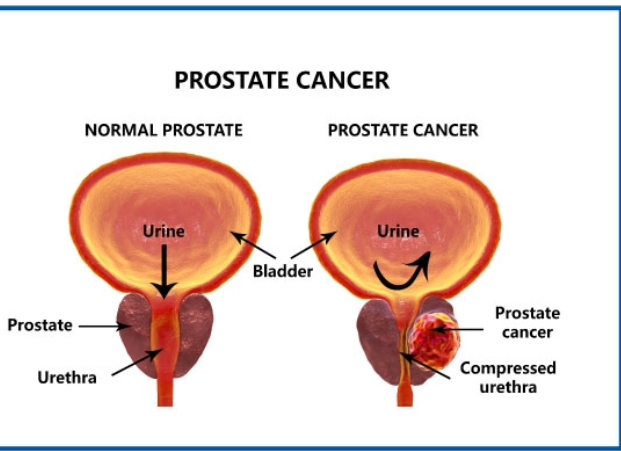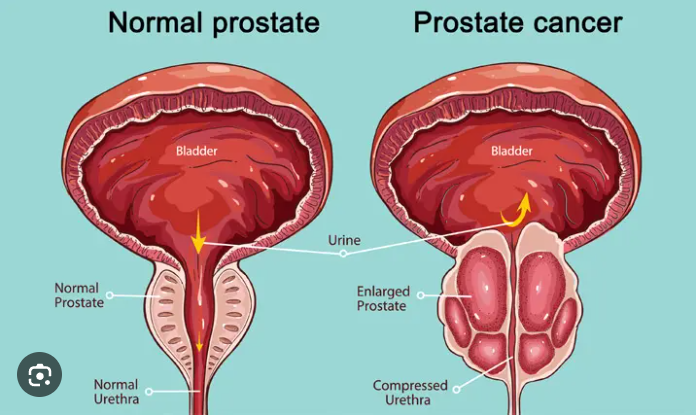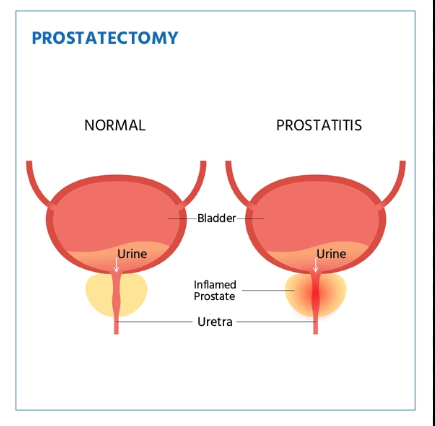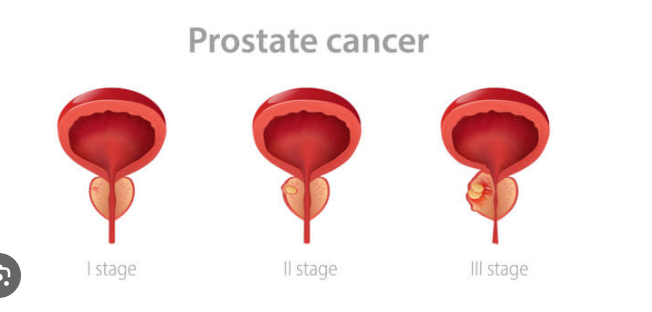U.S. Defense Secretary Lloyd Austin has been released from Walter Reed National Military Medical Center after receiving two weeks of hospital care for difficulties following prostate cancer surgery, the Pentagon stated on Monday.
In a Pentagon statement, Dr. John Maddox, director of Walter Reed Trauma, and Dr. Gregory Chesnut, director of the hospital’s Center for Prostate Disease Research, stated that “Secretary Austin progressed well throughout his stay and his strength is rebounding.” “To address his medical needs, including relieving some persistent leg symptoms, he underwent a battery of tests and examinations as well as non-surgical therapy during his stay. After scheduled physical treatment and routine follow-up, he was sent home. It is anticipated that the Secretary will fully recover.” After being allowed to go home, Austin thanked his doctors.
Austin stated in a second statement, “I want to thank the outstanding doctors and nursing staff for their professionalism and superb support. I’m grateful for the excellent care I received at Walter Reed National Military Medical Center.” “I also appreciate and thank you for all of the well wishes I’ve gotten for a quick recovery.” “Now, as I continue to recuperate and perform my duties from home, I’m eager to fully recover and return as quickly as possible to the Pentagon,” he stated.
Also read-Poverty And Chronic Inflammation: A Deadly Combination For Americans

Prostate Cancer Surgery
According to the New York Times, Austin was in excruciating pain following his prostatectomy on December 22 and was taken by ambulance to Walter Reed on January 1. He was placed in intensive care, but top Pentagon officials did not learn of the hospitalization until the next day, while the White House was not alerted until Jan. 4. Austin’s cancer diagnosis was discovered by Pentagon and White House officials only last Tuesday, according to the Times.

Still, “Secretary Austin’s prostate cancer was treated early and effectively, and his prognosis is excellent,” the Walter Reed doctors said. Prostate cancer strikes 1 in every 8 men—and 1 in every 6 black men—during their lifetime, the Pentagon statement said. Early detection and treatment can boost survival rates to 100% when treated with individualized care plans. Early screening is critical and men should talk to their doctors to see whether or when they should be screened.

Frequently asked questions
Can you make a full recovery from prostate cancer?
Removing the cancer may cure it and spare you from further treatment if it hasn’t spread outside the prostate. You will still be eligible for additional treatment in the event that the cancer returns. Urinary problems that you experienced prior to surgery can get better.
Does a man’s personality change after prostate removal?
Reduced testosterone levels following an orchiectomy (surgical castration) may have consequences akin to those of hormone therapy. Reduced mental acuity, sadness, and a decreased desire for sexual activity are possible side effects.
Why was Austin hospitalized?
On Monday, Defense Secretary Lloyd Austin left the hospital after two weeks of treatment for problems following prostate cancer surgery, which he had concealed from senior Biden administration officials and personnel for weeks.
How long does it take to heal internally after prostate surgery?
It takes three to four weeks for the abdominal incisions to heal completely, so you should avoid heavy lifting during that time.
What is the best diet after prostate cancer surgery?
To help you rebuild strength after therapy, keep up your diet of fresh fruits and vegetables along with other whole, low-fat foods. Eating a healthy diet can also lower the risk of diabetes, high blood pressure, obesity, and heart disease.
Can a man climax after prostate removal?
Men who have had prostatectomy will also stop ejaculating because most of the semen is produced by the prostate gland and seminal vesicles. They won’t produce ejaculate fluid, but they can still experience the wonderful feeling of an orgasm. It also significantly reduces the ejaculated fluid following radiation therapy.
Also read-Kidney Stones Cannot Be Prevented By Highly Alkaline Water
images source: Google
Disclaimer: The opinions and suggestions expressed in this article are solely those of the individual analysts. These are not the opinions of HNN. For more, please consult with your doctor




































